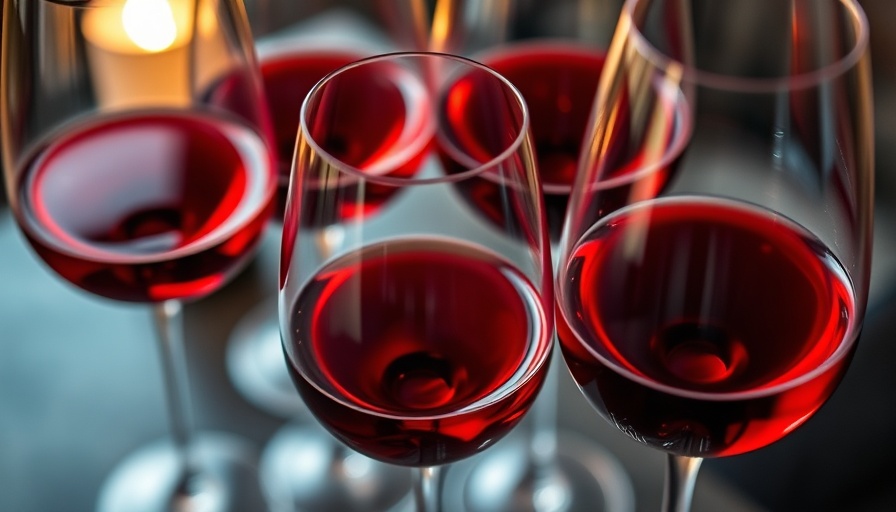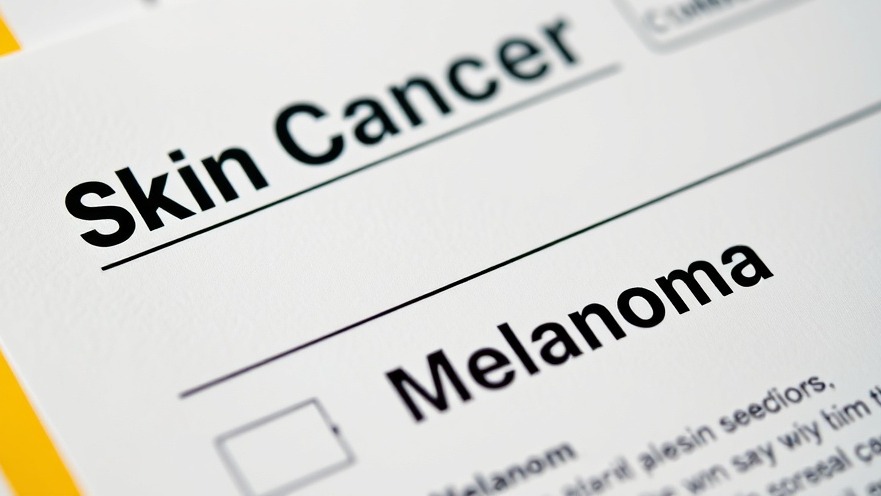
The Great Wine Debate: Red vs. White
The idea of sipping a glass of red wine for its purported health benefits has long been popular. For many parents seeking ways to improve their health while enjoying their downtime, red wine has often been seen as a guilt-free indulgence. However, recent studies have thrown a wrench in the traditional belief that red wine is healthier than white wine.
What the Study Found
The latest research suggests that the health benefits attributed to red wine, particularly its antioxidants, might not be as significant as previously thought. Many have deemed resveratrol, found in red wine, to carry protective health properties, especially regarding heart health and inflammation. This study questions that narrative, suggesting similar or equal benefits from white wine.
For parents, especially those conscious about their diets and overall health, this news could change how they view occasional wine consumption. The study challenges the notion that opting for red wine is the best choice for a healthier lifestyle, urging individuals to consider white wine as a viable alternative.
Understanding the Health Benefits
Red and white wines both contain beneficial compounds, though in different amounts. Red wine is often touted for higher levels of antioxidants like flavonoids and tannins, which may offer various health benefits. These compounds have been linked to skin health and aging, providing potential advantages such as improved cardiovascular health and enhanced skin vitality.
However, it's important to note that too much of any alcoholic beverage can lead to negative health effects. Moderation is key, along with an understanding that a balanced diet filled with healthy skin foods—such as fruits, vegetables, and omega-3 fatty acids—can aid skin health and overall well-being.
Parallel Example: Alcohol Intolerances and Cultural Practices
In many cultures, the perception of wine varies immensely. In some societies, wine drinking is a social norm, while in others, it might be stigmatized due to various factors. For instance, regions where people have high sugar consumption may influence how wine is accepted.
Additionally, some individuals may be intolerant to alcohol, making wine consumption less beneficial due to adverse reactions. For parents, acknowledging these differences can provide an opportunity for discussions about health in different cultural contexts and the importance of moderation and informed choices.
Future Insights: What Lies Ahead for Wine Consumption?
As science continues to evolve, further studies may uncover more about the nutritional profiles of both red and white wines. Parents might find it beneficial to stay informed about ongoing research, looking for findings that help shape responsible choices regarding alcohol intake.
Incorporating a diet rich in collagen and antioxidants could enhance skin health significantly. Collagen-rich foods—such as bone broth, fish, and avocados—along with daily healthy smoothies can help maintain skin's elasticity and hydration. It’s crucial to educate oneself on how to complement occasional wine intake with these health-conscious decisions.
Common Misconceptions: Myths About Red Wine
One common misconception is that red wine is always the healthier option. This recent study sheds light on the idea that both wine types offer unique benefits and potential drawbacks. It’s essential for parents to recognize that preferences and health conditions can play a significant role in choosing what to drink.
Understanding ingredients in wines, such as sulfites and other preservatives can be beneficial, allowing parents to choose options that maintain their skin and overall health, while still having the occasional drink. This presents an opportunity to have deeper conversations about making conscious decisions regarding alcohol.
Take Action: Why Knowledge is Power
Ultimately, parents should feel empowered to direct their health choices. Knowing the comparative health benefits of red and white wine encourages informed selections alongside healthy practices. Maintaining healthy skin through diet, staying hydrated, and being selective about alcohol can significantly improve both immediate and long-term wellness.
So, the next time you're contemplating a glass of wine, remember the importance of balanced choices. Why not consider incorporating more healthy skin foods and hydration strategies alongside it? If you're curious about enhancing your health further, consider exploring healthy smoothies for glowing skin.
In conclusion, while red wine may have its perks, it's prudent to rethink our habitual choices. Both red and white wines can be enjoyed responsibly within a balanced lifestyle that prioritizes health and well-being.
 Add Row
Add Row  Add
Add 




 Add Row
Add Row  Add
Add 

Write A Comment